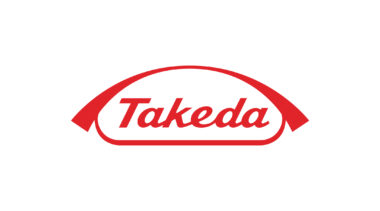Research conducted by the Centenary Institute has revealed a promising new approach to tackling melanoma, an aggressive form of skin cancer notorious for its resistance to conventional treatments.
Published in the science journal Pigment Cell & Melanoma Research, the study identifies a new ‘dual drug’ strategy that could redefine treatment options for patients facing immune checkpoint blockade resistance, a frequent challenge in melanoma treatment.
Immune checkpoint blockade (ICB) therapy, a form of immunotherapy, aids the immune system in identifying and attacking cancer cells by blocking proteins that hinder immune responses. However, overcoming patients' physical resistance to ICB therapy remains a significant obstacle in treating melanoma.
The study found that high levels of bromodomain and extra terminal (BET) proteins were linked to poorer survival and less effective ICB responses in people with melanoma. Additionally, in experiments involving mice, a combination of two drugs, BET inhibitor IBET151 and anti-CTLA-4, successfully overcame innate resistance to ICB, suggesting a new and promising treatment option for many melanoma patients.
Dr Cindy Hsin-Yi Tseng, co-lead study author and researcher at the Centenary Institute’s Centre for Cancer Innovations said melanoma poses a significant clinical challenge.
“About half of all melanoma patients don’t respond to immune checkpoint blockade therapy due to treatment resistance. Even those who initially respond positively may eventually lose that response, impacting their long-term survival,” said Dr Tseng.
"Our research not only sheds light on the reasons behind treatment resistance but also proposes a new drug combination for melanoma patients with innate resistance to this type of immunotherapy. This breakthrough brings renewed hope for improved treatments benefitting both patients and clinicians,” she said.
The study was jointly led by Dr Cindy Hsin-Yi Tseng and Dr Sara Alavi of the Centenary Institute’s Centre for Cancer Innovations.
Melanoma accounts for approximately 1,300 deaths annually in Australia and is the third most diagnosed cancer in the country.
[ENDS]
Key Facts:
Publication:
BET inhibition sensitizes innate checkpoint inhibitor resistant melanoma to anti-CTLA-4 treatment
https://onlinelibrary.wiley.com/doi/10.1111/pcmr.13174
About us:
About the Centenary Institute
The Centenary Institute is a world-leading independent medical research institute, closely affiliated to the University of Sydney and the Royal Prince Alfred Hospital. Our research spans the critical areas of cancer, cardiovascular disease, rare diseases, inflammation, infectious diseases, healthy ageing and biomedical AI. Our strength lies in uncovering disease mechanisms and applying this knowledge to improve diagnostics and treatments for patients.
For more information about the Centenary Institute, visit centenary.org.au
Contact details:
For all media and interview enquiries, please contact
Tony Crawshaw, Media and Communications Manager, Centenary Institute on 0402 770 403 or email: [email protected]


